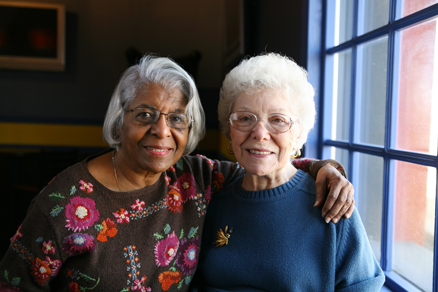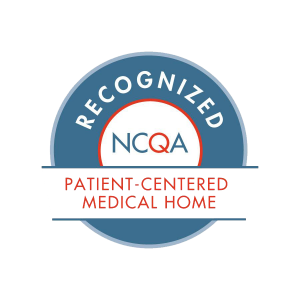
…there’s no place like home.
Dorothy, in The Wizard of Oz
Living Options for seniors can be varied and challenging. They range from living independently to living with family, senior retirement centers to assisted living and more.
Independent
Independent: Home – house, apartment, etc. Most people want to stay living on their own. A Home Safety Checklist/Evaluation suggests simple changes to help. Home Care Aide assistance with housework, meals, shopping, transportation, or just socialization helps maintain independence. Hiring an Aide, with prescribed roles, and regular check-ins by other family is important; Agencies or Registries may help with this process.
Living with Family
Living with family is how seniors have lived for generations; not all families now are so far-flung that this is not still a good choice. Grandparents can often provide needed day care for grandchildren, and seniors may enjoy contributing light meal preparation or a little yard or house work. Homes can be arranged to give privacy for bedrooms, or daylight “apartments” with minimal remodeling.
Senior / Retirement Communities
Senior / Retirement Communities may include small houses, townhomes, or apartments, with a community center. They offer group activities, and often include exercise facilities. They may have meal plans and housekeeping. Many have transportation options. They are not licensed or regulated.
Assisted Living
Assisted Living communities feature individual apartments with kitchenettes, community meals and activities. Residents may get help with medications, personal care, or other activities of daily living (ADL) for added fees. These communities are licensed by the Department of Human Services (DHS).
Adult Foster Care Homes
Adult Foster Care Homes (AFCH) are smaller size alternatives for Seniors needing care. Often in a home-like setting, they care for up to 5-6 seniors with 1-2 caregivers. A Level 1 AFCH has room and board, and light care; Level 2 includes more Activities of Daily Living (ADL) support. A Level 3 AFCH has nursing and dependent care available. AFCHs are regulated by each county; referral agencies may help families look through the hundreds available in the Portland Metropolitan area.
Residential Care Communities
Residential Care Communities have similarities to Assisted Living and AFCHs. Apartments may not have individual kitchenettes or bathrooms. Residents often need extra help with ADLs. These homes are licensed and regulated by DHS. Memory Care Communities (Also known as Alzheimer’s Care Units) are often Residential Care Communities.
Nursing Homes
Nursing Homes provide full-time nursing care for those seniors with greater needs. A Skilled Nursing Facility (SNF) is for relatively short time care after hospitalization for those needing wound care and/or rehabilitation services (Speech, Occupational, or Physical Therapy). A stay in a SNF is usually covered by Medicare insurances. Intermediate Care Facility (ICF) residences are often in the same facility, and can provide a long-term living option. Medically necessary nursing or therapy may be paid by insurances, but living costs are not.
Respite Care
Respite Care is sometimes needed for seniors living in the community with spouse or family help, when the caregiver needs time off for vacation or their own health needs. ICF, Residential Care, and AFCH residences may offer these services.
Recommended Sites:
- Administration for Community Living
- Assisted Living Federation of America (ALFA)
- AARP
- Senior ChoicesNW
- Medicare
- Oregon Department of Human Services – Seniors and People with Physical Disabilities
- Aging and Disability Resource Center of Oregon


